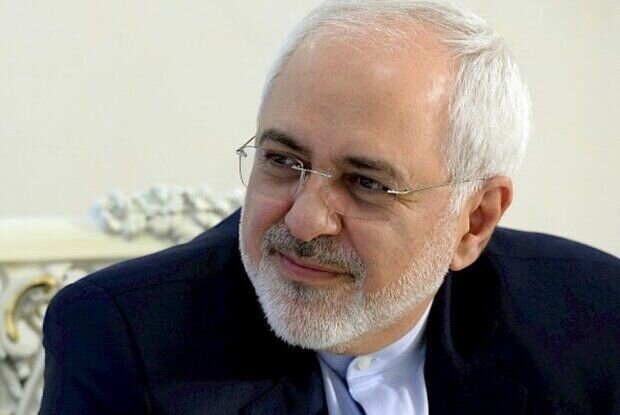Zarif: FATF policy toward Iran merely political

TEHRAN – Foreign Minister Mohammad Javad Zarif announced on Monday that Iran has been following anti-money laundering measures inside the country, saying policy of the Financial Action Task Force (FATF) towards Iran is not based on realities but politically tainted.
“Iran, in its own internal laws, has recognized anti-money laundering activities as a necessity and main objective. The FATF’s decision towards Iran is perfectly political. We fully oppose such a decision.” Zarif told reporters on the sidelines of the first session of unilateralism and international rights conference in Tehran.
“But to protect our national interests, we have carried out the entire necessary measures to counter terrorist financing and money laundering,” the chief diplomat remarked.
The Paris-based FATF said on Friday it gave Iran a final deadline of February 2020 to tighten its laws against money laundering in compliance with the global watchdog’s financial standards.
“If before February 2020, Iran does not enact the Palermo and Terrorist Financing Conventions in line with the FATF Standards, then the FATF will fully lift the suspension of counter-measures and call on its members and urge all jurisdictions to apply effective counter-measures, in line with recommendation 19,” the FATF said in a statement on Friday, Reuters reported.
“The FATF expects Iran to proceed swiftly in the reform path to ensure that it addresses all of the remaining items by completing and implementing the necessary Anti-Money Laundering and Counter-Terrorist Financing reforms.”
One of the actions Iran is required to take to appease the FATF is joining the United Nations Convention against Transnational Organized Crime (UNTOC), which is also called the Palermo Convention, a 2000 United Nations-sponsored multilateral treaty against transnational organized crime.
The other action is to ratify the CFT, the convention combatting financing of terrorism.
On October 7, 2018, the parliament voted in favor of the CFT. However, the oversight Guardian Council rejected the bill by finding 22 faults with it, which put the fate of the bill on the hands of the Expediency Council.
Earlier this month, the secretary of the Expediency Council said the government is not permitted to join the Palermo Convention.
MJ/PA
Leave a Comment